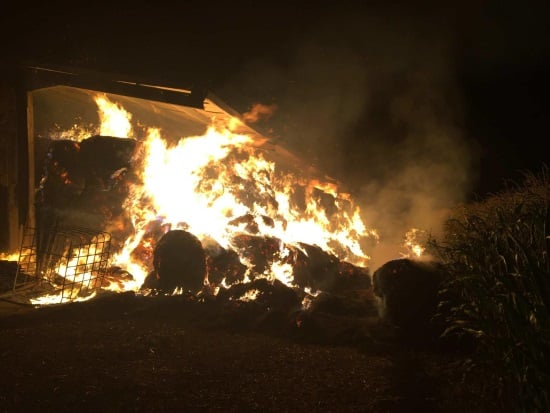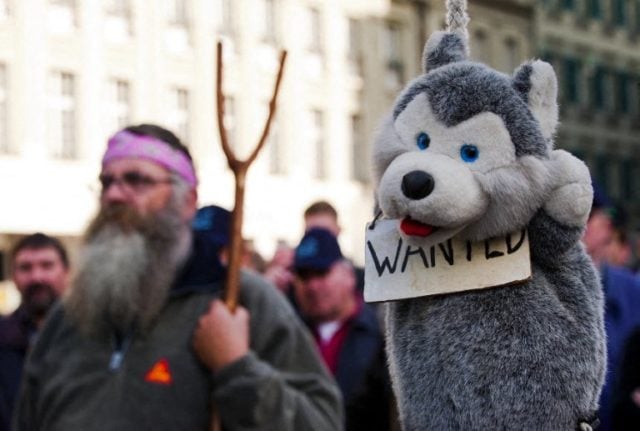According to news reports, a 22-year-old from Fribourg is being held in connection with 12 arson attacks.These include a fire at the National Equestrian Centre in Avenches on July 15th in which 24 horses were killed.
The man, who has not admitted to the crimes, is said to have contradicted himself many times in his testimony to police. An examination of his mental health is to be carried out.
The deadly series of blazes began on July 9th in Dompierre in Fribourg when fires were laid in the basements of two apartment houses causing considerable damage.
One week later, six separate fires were started around Avenches on the Vaud-Fribourg cantonal border, including at the riding centre.
On July 29th fires destroyed barns in Domdidier and Payerne, killing more than 60 bulls, cows and calves.
The suspected arsonist was finally arrested on August 5th after an explosion in a building in Dompierre.
Burns on his body were consistent with the explosion and his clothes bore traces of fire accelerant.
Police also identified his DNA on canisters in the building's basement.
A man, believed to be a volunteer firefighter, was originally apprehended at the end of July in connection with the earlier series of fires.
According to other reports, this individual is no longer under suspicion.



 Please whitelist us to continue reading.
Please whitelist us to continue reading.